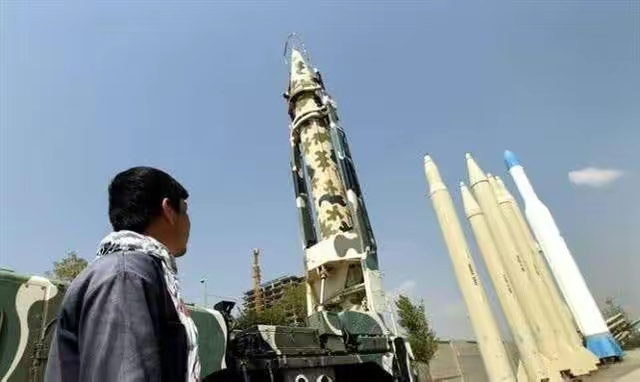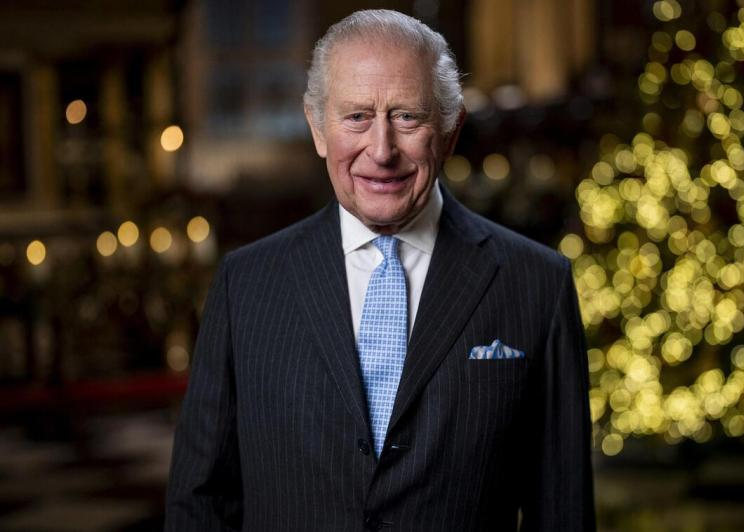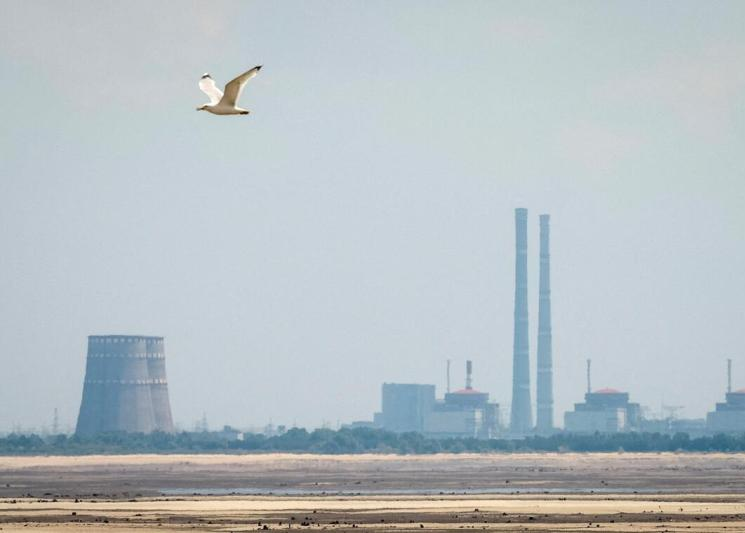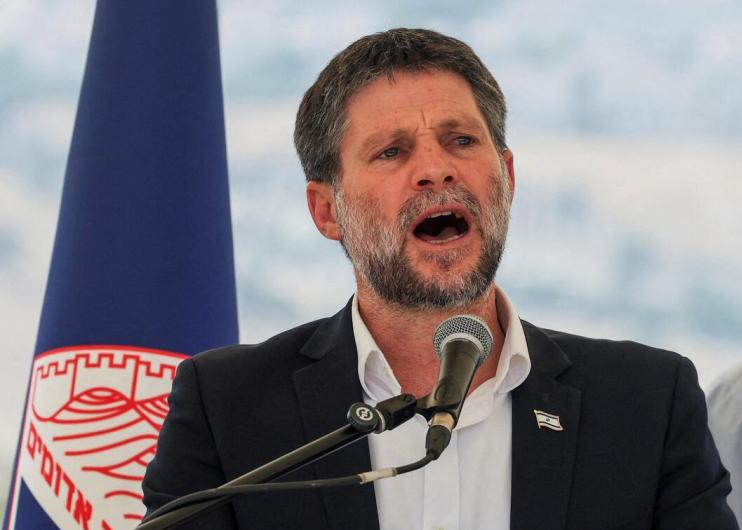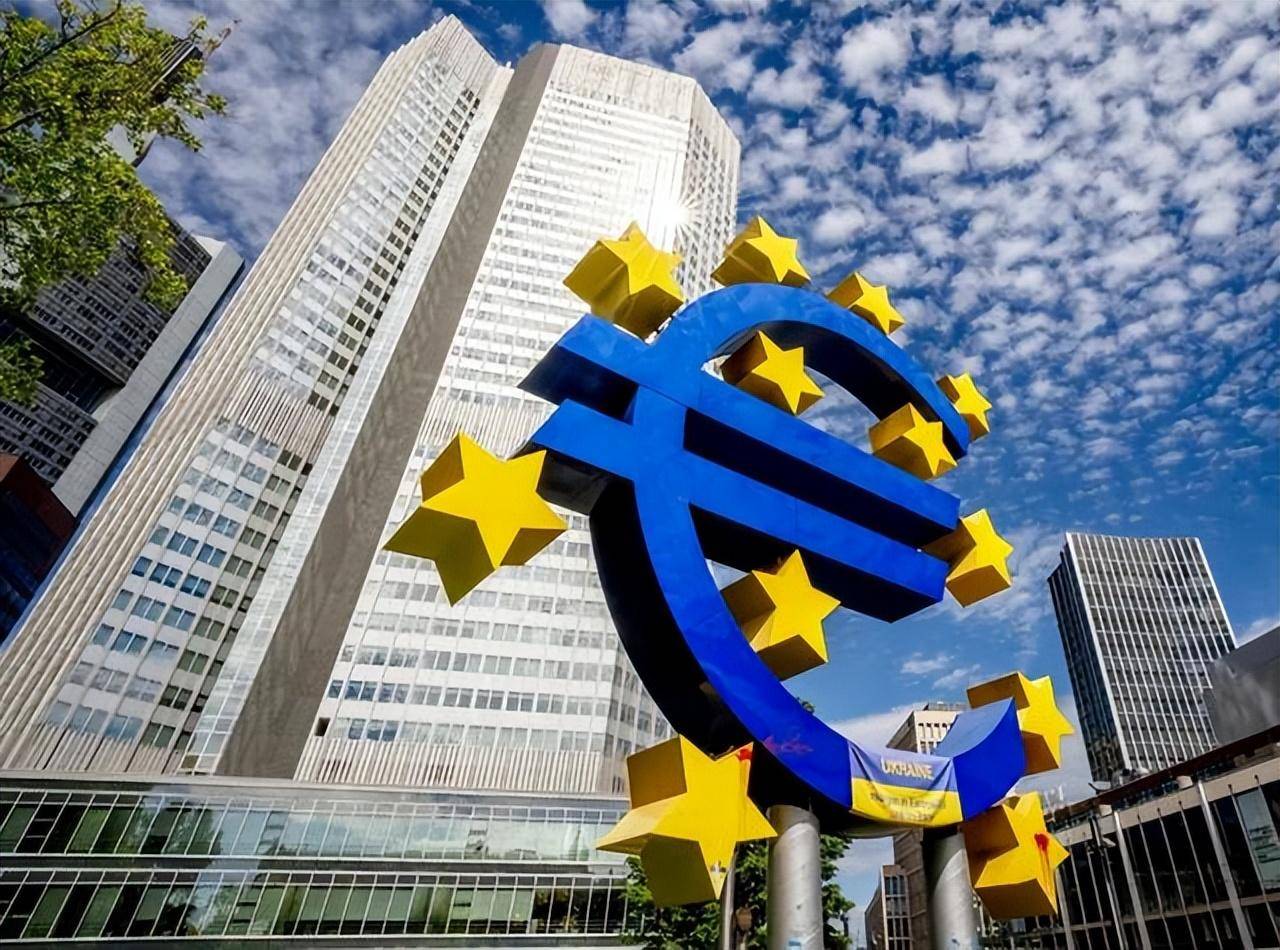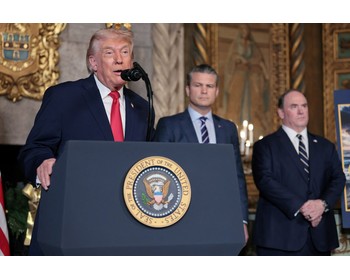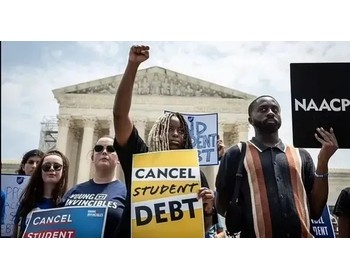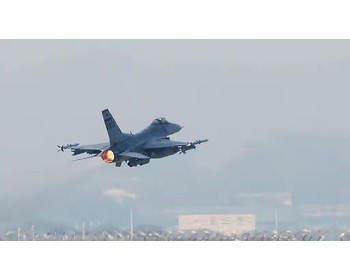On the 17th local time, the US government announced that the Yemeni Houthi militants will be reclassified as "specially designated global terrorist" entities, and the relevant sanctions will take effect in 30 days.
On the same day, US President's Assistant for National Security Affairs Sullivan issued a statement stating that in response to the ongoing threats and attacks by the Yemeni Houthi militants, the United States has designated them as a "specially designated global terrorist" entity to prevent terrorists from providing funds to them, further restrict their access to financial markets, and hold them accountable for their attacks on commercial ships traveling between the Red Sea and the Gulf of Aden. If the Houser militants stop attacking, the United States will immediately reassess this decision.
It is reported that the last time the Houser militants were identified as a "terrorist organization" was in January 2021, when the Trump administration classified the Houser militants as "foreign terrorist organizations" and "specially designated global terrorists" entities. In February of the same year, the newly inaugurated Biden administration revoked the designation of the Hussein armed group as a "foreign terrorist organization" and a "specially designated global terrorist" entity, citing the severe humanitarian situation in Yemen.
It seems that the US government is using whether to identify it as a "terrorist organization" and "terrorist" as a tool and "chip" to win over and control the Yemeni Houthi armed forces. However, how effective is this approach for the Husai armed forces?
On the 16th, Jack Sullivan, Assistant to the President for National Security Affairs of the United States, stated at the World Economic Forum held in Davos, Switzerland that although the United States has launched an attack on the positions of the Yemeni Hussein organization, the United States hopes for a "downgrade" of the situation in the Middle East, We are seeking to prevent the spread of conflict and create conditions for a downgrade of the situation. Last week, the United States and Britain attacked the positions of the Hussein organization in Yemen because they believed that Hussein militants expressed support for the Palestinians, provocatively attacked ships in the Red Sea, and disrupted global business activities.
On the same day that the US government announced the above determination, Abdul Salam, spokesperson for the Yemeni Houthi militants, issued a statement stating that the US decision was purely for political purposes and had "no substantial impact" on the Houthi militants. Instead, it would strengthen their "determination to support the Palestinian people.". And just after being reclassified as a "terrorist organization" by the United States, the Yemeni Husai militants claimed to have launched another missile attack on American cargo ships and hit their targets.
On the 16th local time, Iran launched a total of 24 cross-border ballistic missiles at targets in Iraq, Syria, and other areas in the early morning of the same day. Iran claims that 11 missiles carried out airstrikes on the location of the Israeli intelligence agency (Mossad) in the Kurdish Autonomous Region of Iraq, and 13 were fired at the location of the Islamic State terrorist organization in Idlib, Syria.
The reason why Iran launched these strike actions is because it has determined that the series of terrorist attacks that Iran has suffered before were all planned by the Israeli Mossad intelligence agency, thus clearly referring to Mossad as the "center of terror" and stating that "in response to the latest evil behavior of the Zionist regime.". Although US intelligence agencies claim that these terrorist attacks were planned and carried out by ISIS terrorist organizations stationed in Afghanistan, it now appears that Iran has not listened to the US statement.
After the US government declared it a "terrorist organization," the Hussai armed forces continued to launch attacks on the Red Sea cargo ship, clearly in response to Iran's missile launch, causing trouble for the US in the Red Sea and preventing the US from focusing on attacking Iran. Iran's supreme leader, Khamenei, claimed that the Yemeni Houthir militants have performed well in the Red Sea.
Therefore, it can be said that the so-called "terrorist organization" identification behavior carried out by the United States has not achieved any significant results, whether for the Yemeni Hussein armed forces or for Iran. The United States' personal attack on Yemen not only did not "downgrade" the situation in the Middle East, but also exacerbated the spillover of the Israeli Palestinian conflict, making the situation in the Middle East even more severe and complex.
Therefore, from the current series of conflicts in the Middle East and globally, war will only increase casualties and deepen hatred. To fundamentally solve the Palestinian Israeli conflict and stabilize the situation in the Middle East, it is still necessary to rely on a "two country solution" rather than blindly using violence to suppress violence.

